Recruited fellows to the SRP Diabetes Fellowship Program
Current fellows
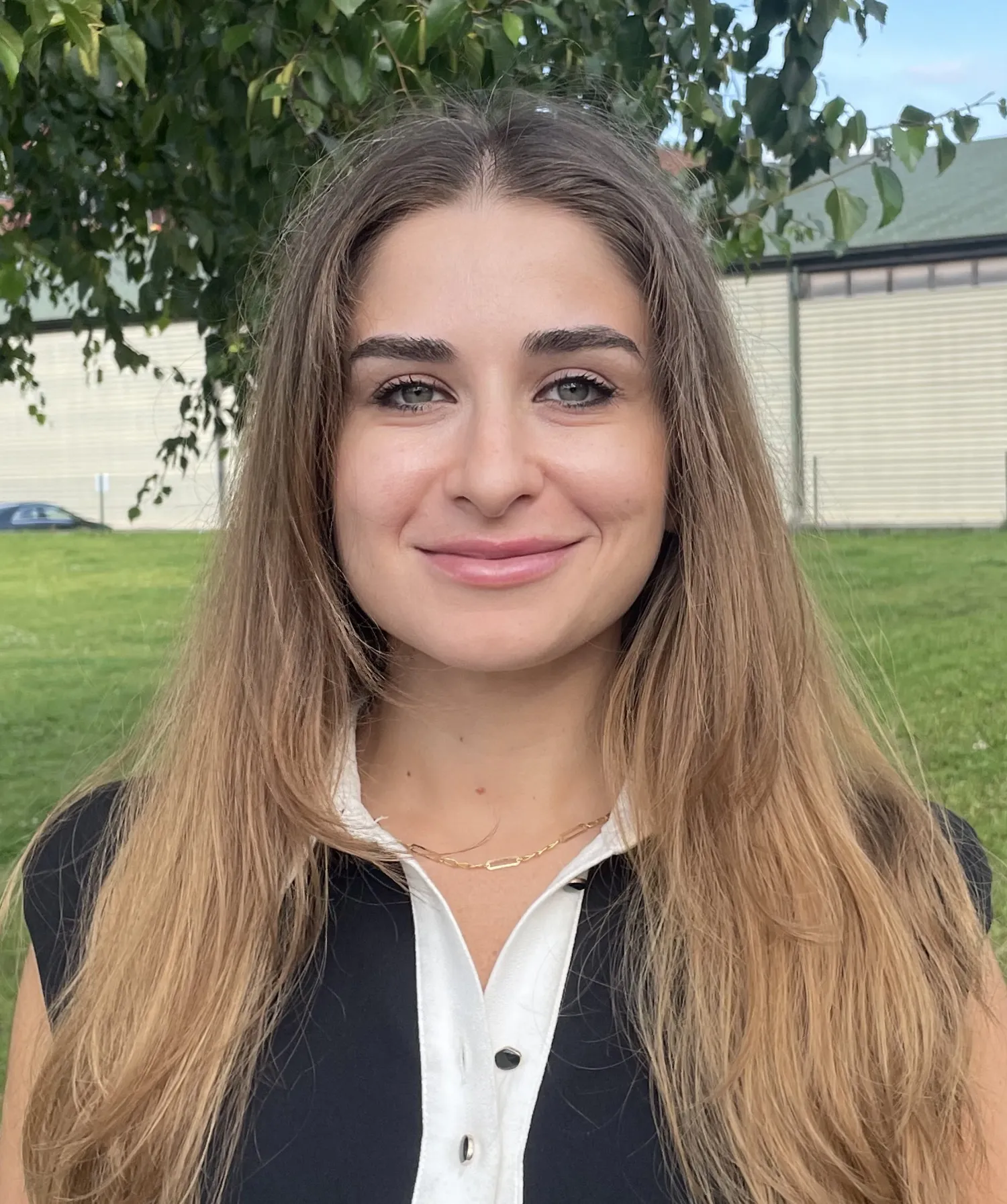
Dr Lynn Alaeddine
As an SRP Postdoctoral fellow, I specialize in the field of immunometabolism in adipose tissue. My academic journey began with a Master's degree in Pharmacology and Therapeutics from the American University of Beirut, followed by a PhD in Neuroscience from Université Paris Cité. During my graduate studies, I described a novel double-hit model of stress that precipitate cognitive and emotional disorders in type 2 diabetes. This work highlighted the critical disruption of brain bioenergetics and offered a fresh perspective for drug repurposing aimed at preventing disease progression in at risk populations.
Since 2023, I have been recruited to the SRP postdoctoral program, conducting research in the laboratory of Niklas Mejhert and Mikael Ryden at MedH, KI. My current research focuses on understanding how bioenergetic switches orchestrates epigenetic modifications of key inflammatory pathways within the adipose tissue, with a focus on the mitochondrial nuclear shuttle of metabolites. By defining the intricate mechanisms of nutrient sensing and inflammation in fat cells, we aim to decode the complexities of insulin resistance and ectopic lipid deposition to breakthrough therapeutic modalities for common metabolic disorders.
Project title: Mechanisms linking white adipocyte glutamine metabolism to insulin resistance
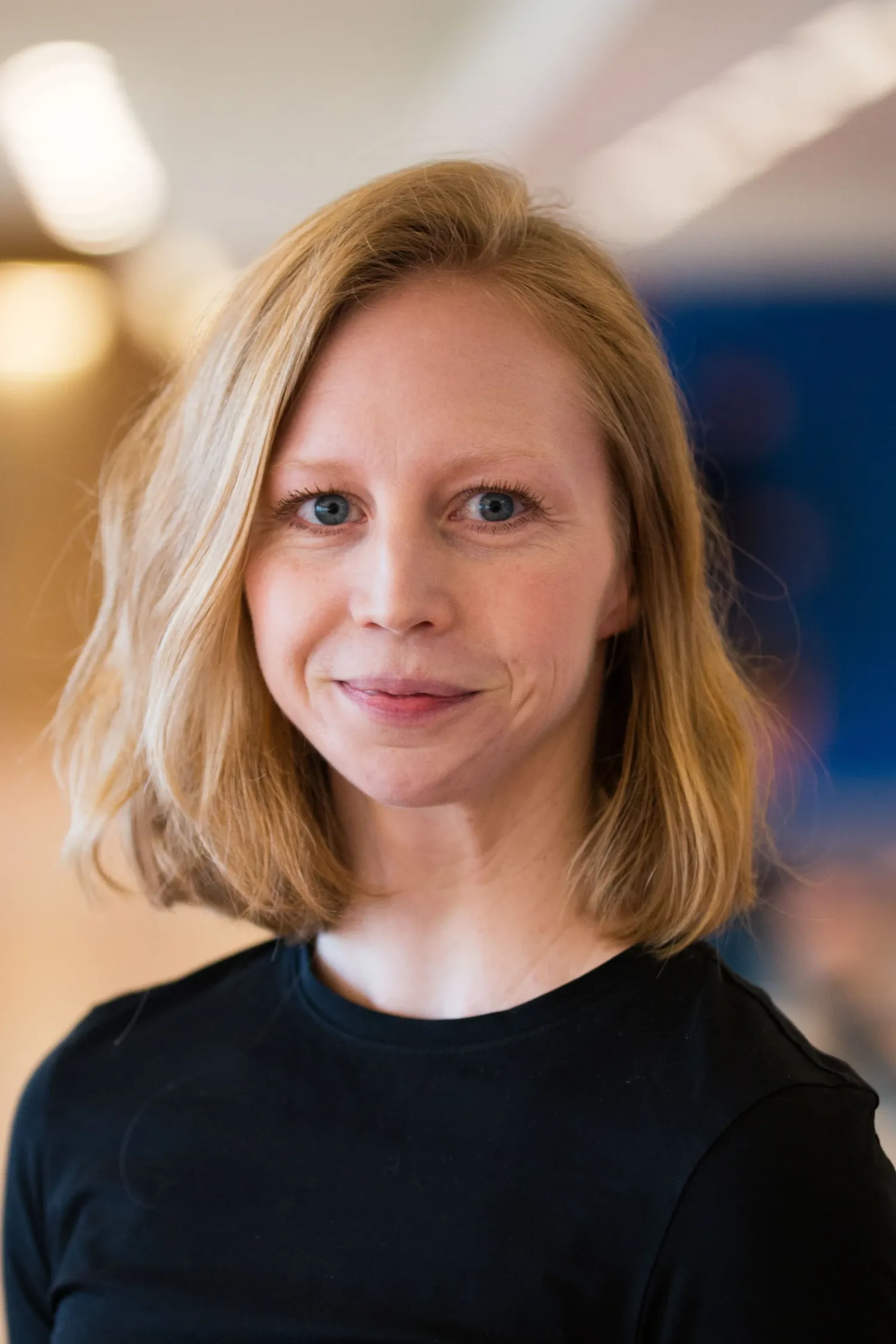
Dr Paulina Jonéus
I have a bachelor’s and master’s degree in Statistics from Uppsala University, Sweden and in 2023, I earned my PhD in Statistics. The title of my thesis was Design and Analysis with Observational Data: Protocols and Modeling with the aim of causal inference. Throughout my doctoral education, my main focus was on research methodologies in causal inference and time series modelling. My thesis focused mainly on using observational, high-dimensional healthcare register data.
In October 2023, I started my SRP Diabetes Postdoctoral Fellowship at Karolinska Institutet under the supervision of Laura Pazzagli at the Division of Clinical Epidemiology, Department of Medicine. The project focuses on the study of socioeconomic factors and antidiabetic medication use patterns in patients with type 2 diabetes. The aim is to investigate the association between antidiabetic medication adherence, including treatment interruption and type 2 diabetes consequences, and socioeconomic and demographic variables.
Project title: The impact of socioeconomic factors on antidiabetic medications use and discontinuation and type 2 diabetes consequences such as cardiovascular problems, kidney failure and retinopathy

Dr Georges Kiriako
I joined the Department of Physiology and Pharmacology in June 2024 as an SRP Diabetes Postdoctoral Fellow under the supervision of Ana Teixeira. I completed my PhD at Karolinska Institutet in 2024, where I used DNA nanotechnology and super-resolution microscopy to investigate how multivalent interactions influence receptor activation, endocytosis, and immune complex processing. My research revealed how the number and spatial arrangement of ligands modulate receptor signalling, internalization, and trafficking—insights that can inform the rational design of nanoparticle-based therapeutics.
Before my PhD, I earned an MSc in Biomedical Engineering from the American University of Beirut (2016–2019) and a BSc in Biology from the Lebanese University (2013–2016). Over the next two years, my work will focus on mapping insulin receptor activation states at the plasma membrane using super-resolution microscopy, and harnessing DNA nanotechnology to engineer insulin receptor nanoclusters—paving the way for novel strategies in diabetes drug development.
Project title: Mapping the biodistribution of multivalent insulin variants in zebrafish and in mice

Dr Lei Li
I earned my bachelor’s degree from Tongji University, specializing in molecular biology and nanobiology. Following this, I pursued a Ph.D. in biology, focusing on melanocortin receptors, critical G-protein coupled receptors involved in energy homeostasis through neuroendocrine pathways. My doctoral research centered on decoding functional changes related to single amino-acid mutations in human and mouse MC4R, a promising target for appetite regulation. Subsequently, I served as a postdoctoral researcher at Shanghai Ninth People’s Hospital, where I explored cross-species differences in the central melanocortin network using a multidisciplinary approach. My work aimed to describe an evolutionarily stable communication between peripheral and central melanocortin system.
In early 2024, I joined the SRP Diabetes Postdoctoral Research Fellowship under the guidance of Professor Alessandro Furlan at the Department of Neuroscience. Utilizing viral-based neuron tracing, optogenetics, and chemogenetics methodologies, my current research investigates the neural connections through which somatosensory innervation of the pancreas regulates functions such as glucose homeostasis. The findings from this project have the potential to enhance our understanding of peripheral neuron networks and contribute to the development of clinical approaches for treating pancreatic dysfunction.
Project title: Somatosensory networks control glucose homeostasis
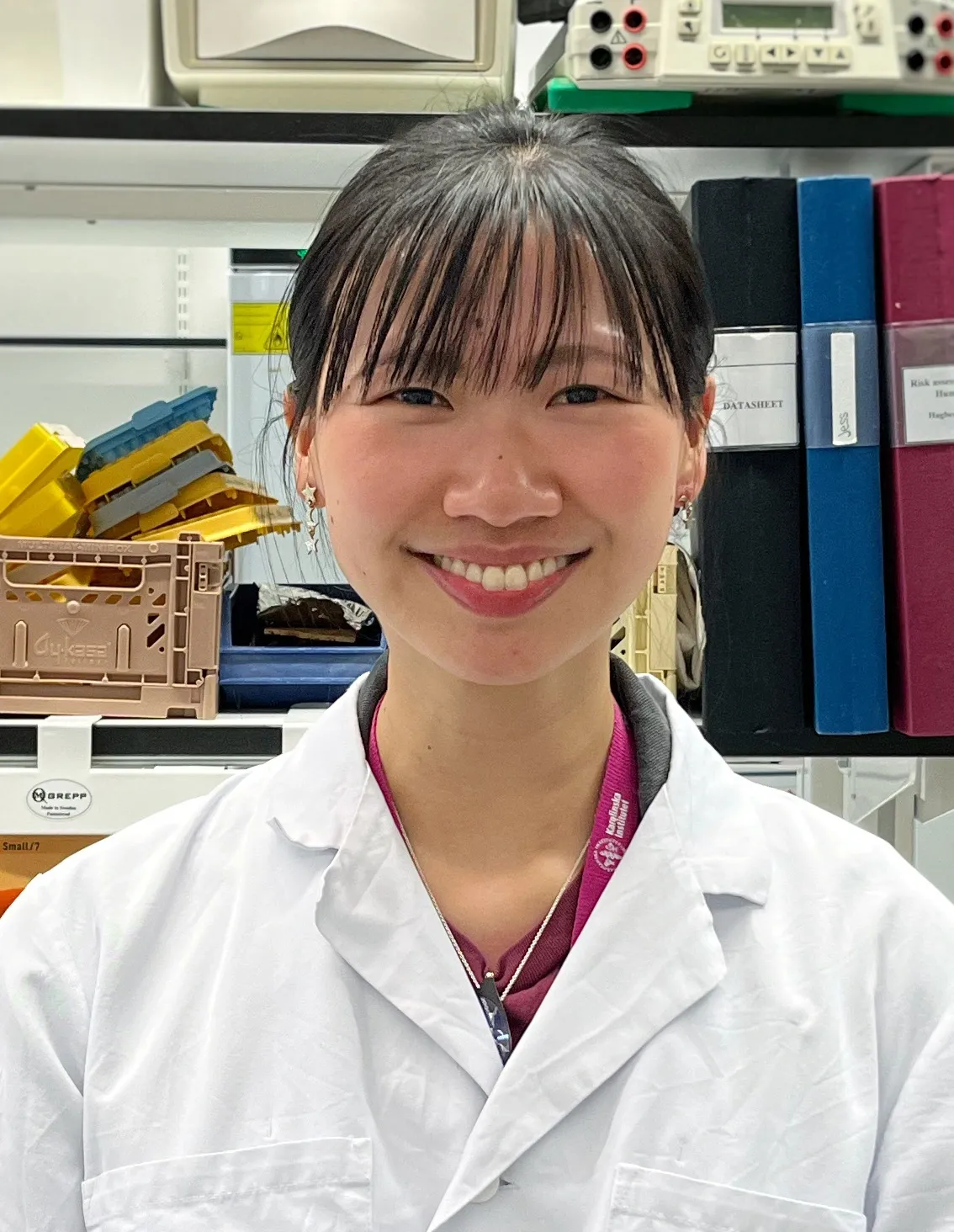
Dr Cheuk Yau (Jane) Luk
I joined the Department of Medicine-Solna in April 2025 as an SRP Diabetes Postdoctoral Fellow, supervised by Associate Professor Carolina Hagberg and Dr Oskar Kövamees. Prior to this, I graduated from University College London with MSci Pharmacology (first class honours) in 2019, and obtained a PhD funded by the British Heart Foundation in Cardiovascular Disease and Diabetes at University of Leeds in March 2024. After my PhD, I stayed at University of Leeds as a postdoctoral researcher for a year to finish my work studying the paracrine role of endothelial IGF-1 receptor in adipose and intestine adaptation in diet-induced obesity. The main part of my PhD work was published in Nature Communications in January 2025, titled ‘Paracrine role of endothelial IGF-1 receptor in depot-specific adipose tissue adaptation in male mice’.
Over the next two years, I will use a range of translational methods including myograph, transcriptomics and histology studies to study the differential role of perivascular and subcutaneous adipose tissue in mediating vascular dysfunction in mice and patients with coronary artery disease and type two diabetes.
Project title: Differential local and systemic impact of adipose tissue on vascular function in patients with coronary artery disease and type two diabetes
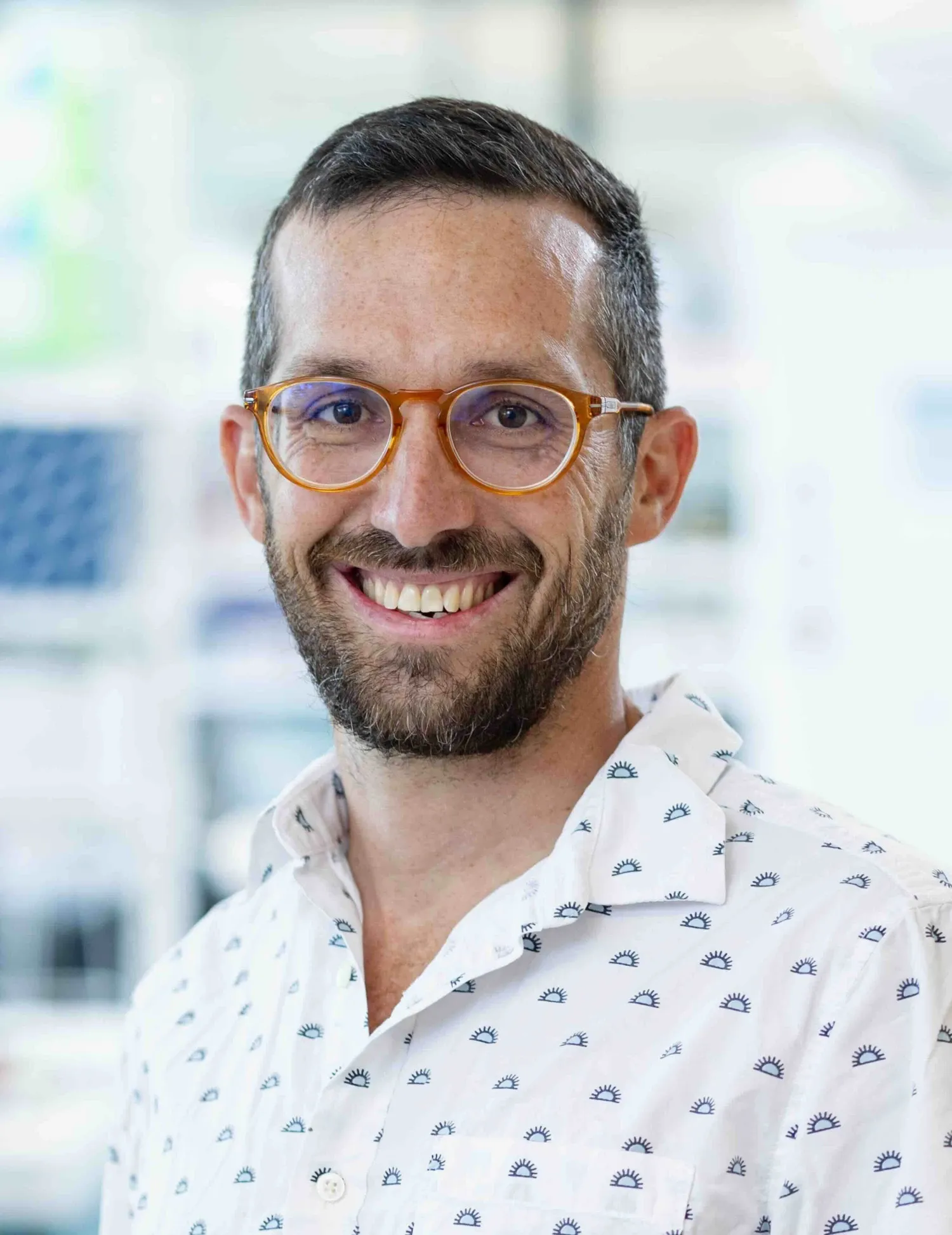
Dr Joaquin Ortiz de Zevallos
I am an exercise physiologist with a strong background in human physiology. I earned a Master’s in Sports Science from the University of Exeter in the UK, where I researched the effects of nitrate supplementation on exercise performance. I then completed a PhD in Exercise Physiology at the University of Virginia in the USA, focusing on how exercise and nitrate supplementation can enhance cardiovascular health and exercise capacity in individuals with cardiometabolic disease. These experiences ignited a deep interest in how physical activity affects molecular processes in both health and disease, especially the adaptations in skeletal muscle that lead to improved metabolic function. I have been investigating this for the past 18 months as a postdoc in the Integrative Physiology research group at the Karolinska Institutet.
Starting in May 2025, as an SRP Diabetes Research Fellow, I will explore the molecular signal transducers that regulate glucose transport in skeletal muscle to restore glucose uptake in individuals with type 2 diabetes. Specifically, I aim to investigate how exercise activates these signaling pathways and whether pharmacological agents that mimic exercise-induced GLUT4 translocation can be used to improve insulin sensitivity. This project is designed to identify and test key signaling molecules that may enhance glucose transport in skeletal muscle and contribute to better glucose homeostasis in cases of insulin resistance.
Project title: Discovery of Molecular Signal Transducers Conferring Insulin-Induced Adaptations on Glucose Transport in Type 2 Diabetes.
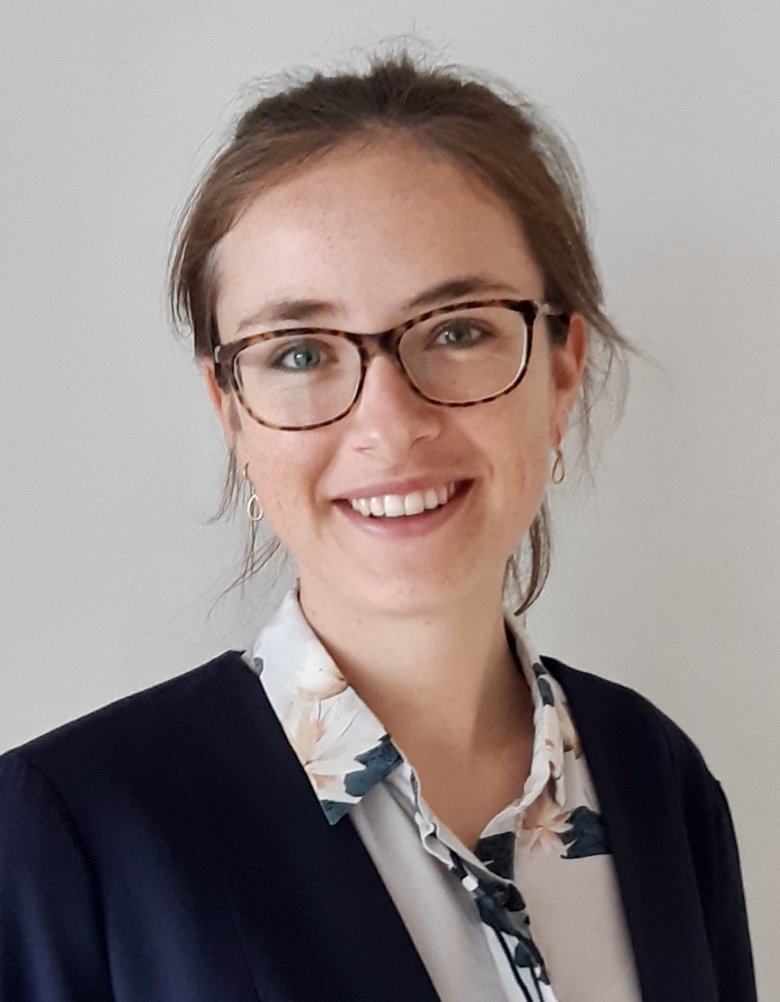
Dr Stine Marie Praestholm
I studied biochemistry and molecular biology at the University of Southern Denmark and obtained my PhD in April 2021. In my research, I have focused on transcriptional regulation mediated by nuclear receptors: the thyroid hormone receptor and the glucocorticoid receptor, in mouse liver. Specifically, I have investigated enhancers regulated by the thyroid hormone receptor identifying different types of enhancers differential bound by coregulators. Most recently, I studied the role of the glucocorticoid receptor in regulating hepatic gene transcription in the transition from fasting to feeding in a circadian context.
In October 2021, I will start my SRP Diabetes Postdoctoral Fellowship at Karolinska Institutet under the supervision of Professor Jorge Ruas at the Department of Physiology and Pharmacology. In our project we will investigate how a protein, newly discovered to be a major regulator of inflammation, extracellular matrix remodeling and fibrogenesis, called TRAIN, promotes NAFLD/NASH and elucidate the molecular mechanism. Moreover, we will evaluate the TRAIN-driven secretome to identify diagnostic tools for NAFLD/NASH and investigate TRAIN levels and candidate biomarkers in NAFLD/NASH patient samples. The findings of this project could potentially form a basis of a new class of pharmacological therapies for NASH.
Project title: TRAIN, a novel target in non-alcoholic fatty liver disease.
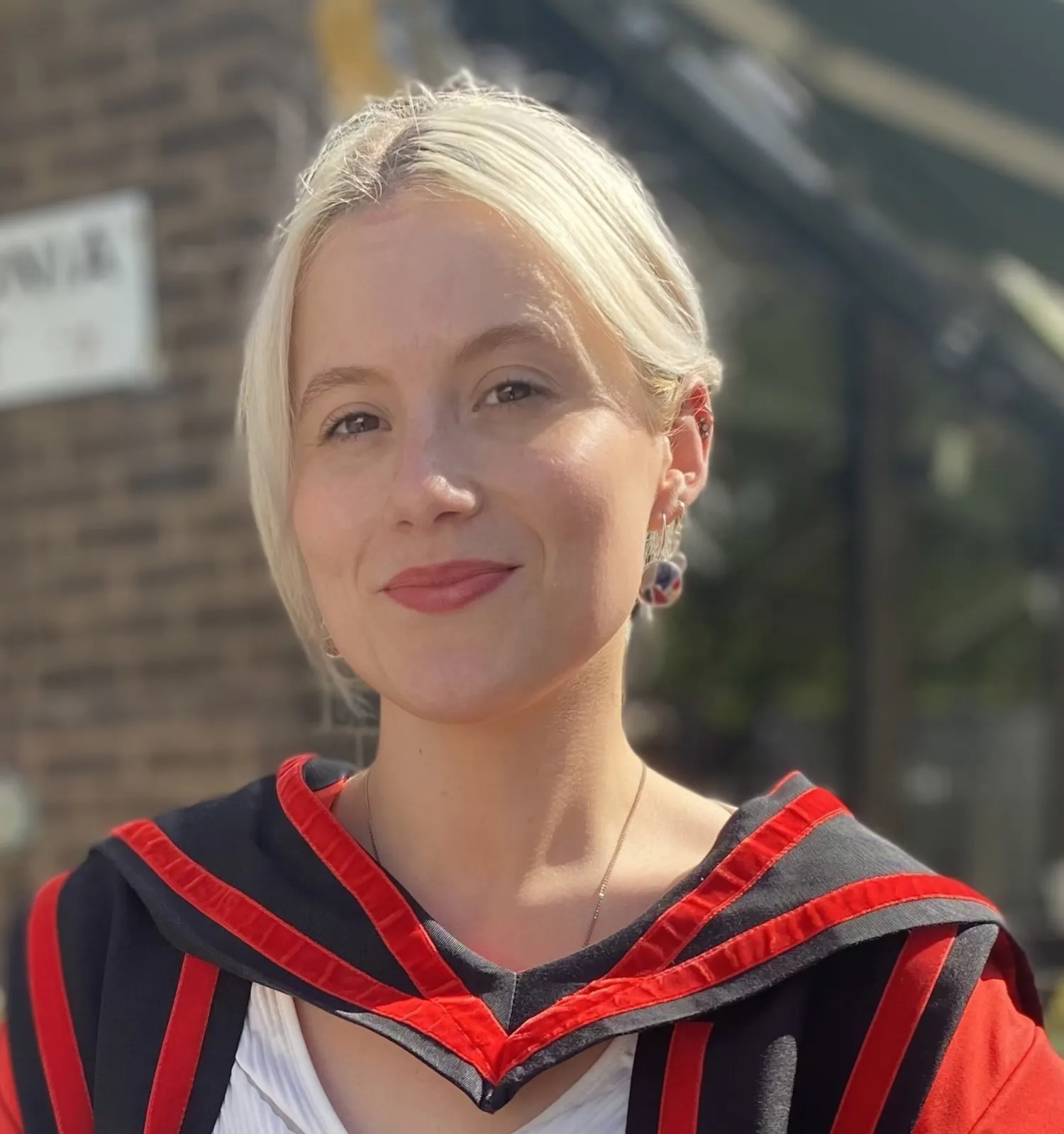
Dr Emily Shorter
I graduated from the University of Westminster (London, UK) with a BSc (Hons) in Molecular Biology and Genetics. I then went to the University of East Anglia (Norwich, UK) where I conducted a MSc in Molecular Medicine, with an independent research project investigating inflammation and cellular senescence in human skin ageing. From there, I moved to the University of Liverpool (Liverpool, UK) where I joined Dr Blandine Poulet´s lab in the Institute of Ageing and Chronic Disease for my PhD studies. My PhD, which was funded by the Biotechnology and Biological Sciences Research Council, focused on exploring the role of microRNAs in the interaction between osteoarthritis and muscle atrophy. During my project, I used histological, functional, molecular, and transcriptomic techniques to characterise the skeletal muscle myopathy in multiple novel mouse models of osteoarthritis (both post-traumatic and idiopathic). I then tested whether treatment with a miR-378a-3p mimic could restore muscle and joint function in these models. I graduated with my PhD in November 2022 and moved to the Karolinska Institute (Stockholm, Sweden) in December 2022 to start my SRP-funded postdoctoral fellowship in Associate Professor Johanna Lanner´s lab (Department of Physiology and Pharmacology). For this postdoc project, I am using a translational approach involving PAD patients, mouse models, and state-of-the-art methods to characterise PAD myopathy and illuminate molecular mechanisms underlying the associated muscle dysfunction.
Project title: Illuminating mechanisms linked to muscle dysfunction in peripheral artery disease
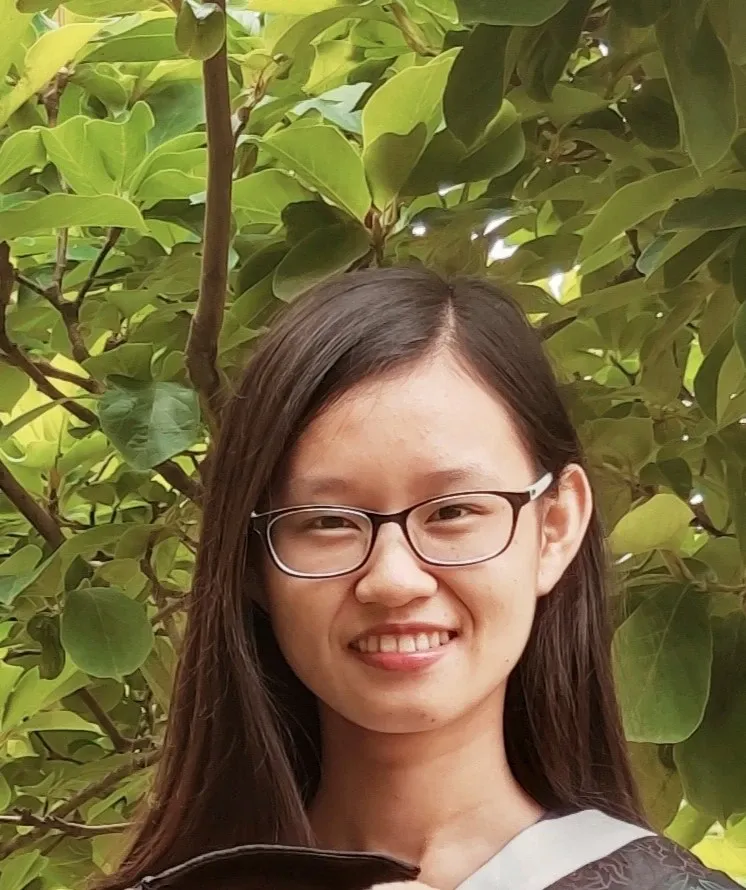
Dr Yuxia Wei
I obtained my bachelor’s degree in preventive medicine and master’s degree in epidemiology and biostatistics in Peking University, China. Thereafter, I finished my PhD studies in diabetes epidemiology at Karolinska Institutet. I have focused on the heterogeneity of diabetes and its implications for precision medicine during my PhD studies, comprehensively comparing the risk factors and prognosis of different subtypes of diabetes, including childhood-onset and adult-onset type 1 diabetes, latent autoimmune diabetes in adults, and newly proposed subtypes of type 2 diabetes.
I have started my postdoctoral research as an SRP postdoctoral fellow at Karolinska Institutet in October 2024. My postdoctoral research will focus on the consequences of early-onset type 2 diabetes.
Project title: "Early-onset type 2 diabetes, nationwide investigation of etiology and prognosis"

Dr Bingran Xie
I received my Bachelor's degree in Bioengineering from Zhengzhou University, China. I then pursued my Master's and PhD at the Chinese Academy of Sciences, focusing on the development of precise RNA editing toolsets using CRISPR-Cas13. My research involved engineering RNA editing systems by fusing the catalytic domain of deaminases with dCas13 and applying them to modulate endogenous transcripts in S. pombe. Following this, I worked as a postdoctoral researcher at Shanghai Ninth People’s Hospital, where I applied RNA editing toolsets in regulating microglial polarization to reduce the risk of peripheral pain.
Since November 2024, I have been a postdoctoral fellow in the SRP Diabetes program at Karolinska Institute, under the supervision of Alastair Kerr in MedH. My current research investigates how long non-coding RNAs (lncRNAs) regulate adipocyte insulin sensitivity and promote metabolic flexibility. By integrating clinically relevant human tissue samples with novel molecular approaches, we aim to uncover how lncRNAs enable adipocytes to respond rapidly to insulin—and how disruptions in this process may contribute to cardiometabolic disease pathogenesis.
Project title: Understanding how long non-coding RNAs promote metabolic flexibility through controlling adipocyte insulin sensitivity.
Fellows recruited in the first application round in 2021
Dr Omar Hmeadi
Principal Investigators: Niklas Mejhert and Mikael Rydén, Dept of Medicine, Huddinge.
Dr Maxence Jollet
Principal Investigator: Juleen Zierath, Dept of Molecular Medicine and Surgery.
Dr Gizem Korkut
Principal Investigator: Jaakko Patrakka, Dept of Laboratory Medicine.
Dr Guanglin Niu
Principal Investigator: Ning Xu Landén, Dept of Medicine, Solna.
Dr Stine Marie Praestholm
Principal Investigator: Jorge Ruas, Dept of Physiology and Pharmacology.
Fellows recruited in the second application round in 2022
Dr Lynn Alaeddine
Principal Investigators: Mikael Rydén and Niklas Mejhert, Dept of Medicine, Huddinge
Dr Hugo Barcenilla
Principal Investigator: Petter Brodin, Dept of Women's and Children's Health
Dr Paulina Jonéus
Principal Investigator: Laura Pazzagli, Dept of Medicine, Solna
Dr Daan Paget
Principal Investigator: Anna Krook, Dept of Physiology and Pharmacology
Dr Emily Shorter
Principal Investigator: Johanna Lanner, Dept of Physiology and Pharmacology
Fellows recruited in the third application round in 2023
Dr Laurent Barbe
Principal Investigator: Kirsty Spalding, Dept of Cell and Molecular Biology
Dr Georges Kiriako
Principal Investigator: Ana Teixeira, Dept of Physiology and Pharmacology
Dr Lei Li
Principal Investigator: Alessandro Furlan, Dept of Neuroscience
Dr Lianhe Chu
Principal Investigator: Olov Andersson, Dept of Cell and Molecular Biology
